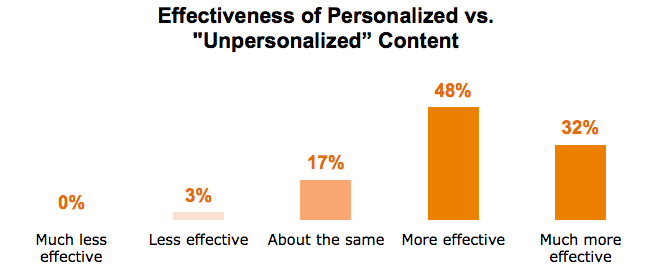
Whether it be the comfort of familiarity or a yearning to be treated as a VIP, now more than ever consumers expect a personalised experience from hospitality brands.
From their booking details to post stay reviews, guests leave us little pieces of information about themselves throughout their journey, and it is these data points that make personalisation possible.
By soliciting guests’ personal data and feedback, hoteliers have discovered the impact of creating a personalised hotel experience in the eyes of their patrons – among other things, a guest’s personal data empowers hotel staff to provide superior customised service and fundamentally ensures a more fluid guest experience.

In fact, in a recent analysis in the 2017 Digital Trends Report by Econsultancy, survey respondents ranked targeting and personalisation very highly among “digital-related” priorities for 2017, while 51% of company respondents said “they will increase their spending on personalisation this year”.
Personal data is a powerful marketing and guest experience tool and key to a hotel’s relationship with their guests, however, hotels must be cautious as to how they handle personal information. Not only could it drive potential guests away if an excessively invasive approach is taken, it could also violate their guests’ right to privacy.
Privacy laws may differ from country to country and care must be taken to adhere to the relevant regulations. In South Africa, for instance, The Protection of Personal Information Act (PoPI Act) holds the collector of personal information accountable should they abuse or compromise the information in any way. In the EU, new legislation is set to take effect in May of 2018. The new General Data Protection Regulation (GDPR) will have a cross-border effect – if your guest is from the EU, and you hold any personal data that could identify them, you will be affected by the new laws.
According to a study by the SAS Institute, while consumers expect personalisation from brands and are willing to divulge some personal information to collectors (like their name and email address) they may be apprehensive when asked to share more sensitive information (such as cell or home phone numbers, financial information etc.) for risk of annoyance, data abuse or the unnerving thought of being monitored.



